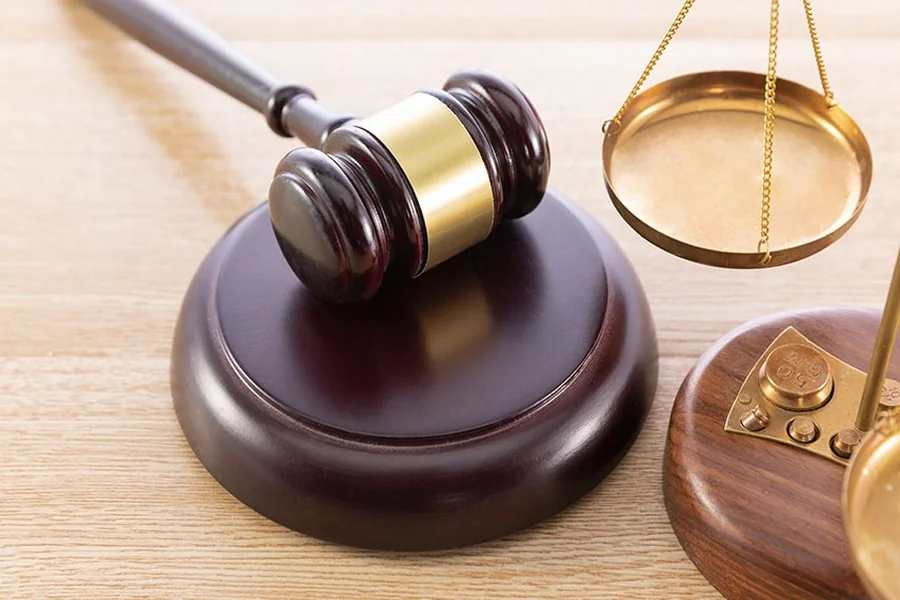The administrative license hearing is a key step to help protect a person’s rights when a person’s license to drive is on the line. This hearing is not like a case in criminal court. It is about whether someone can keep their driver’s license. The result can really change the way a person lives each day. A lawyer helps by guiding people through every step and making sure their clients know what will happen, are ready for it, and get the best result they can.
Explaining the Hearing Process
Attorneys begin by helping the client know how an administrative license hearing works. A lot of people do not know the steps and how long it can take, or what might happen in the end. The dmv hearing attorney gives the clear help to understand the process.
- Say what the hearing is for and what it covers.
- Go over the dates by which you need to ask for and take part in the hearing.
- Explain how criminal charges are not the same as administrative hearings.
- List what may happen after, like a license taken away, new limits, or getting it back.
Gathering and Reviewing Evidence
Getting ready for the hearing in the court means looking closely at the evidence. Attorneys talk with their clients. Together, they find documents and records. These things help to support the case.
- Look at police reports and what the officer says.
- Check the results from the breath or chemical tests.
- Gather what people saw and get any papers that help the case.
- Find mistakes or weak points in the side of the state.
Coaching Clients on Testimony
Since clients might need to talk in court, attorneys help them to get ready to answer questions in a clear and confident way. When the attorneys help clients in this way, it lowers stress. This also helps clients show themselves in the best way in court.
They help clients get ready for questions they may get. They give advice on what answers are good to use. They say that you should always tell the truth, but not give too much extra information. The goal is to make sure your time speaking helps your defense.
Building a Strong Defense Strategy
Each administrative hearing is different. Attorneys change their plans to fit what their client needs. They may try to challenge the proof, question how things are done, or suggest other options instead of a suspension.
- Challenge the wrong way testing was done.
- Ask if the officer did all the steps they should have done.
- Give other reasons that could explain the proof.
- Ask for limited licenses when getting full ones cannot be done.
Advocating During the Hearing
Attorneys speak for their client during the hearing. They ask questions and show proof to support the client. They argue the rules so the client can keep driving. With an attorney, the client does not have to face the process alone.
This helps not only make the case stronger, but also gives the client comfort. It lets them feel sure that their rights are safe at every step.
Reviewing Next Steps after the Hearing
Attorneys talk about what happened and what it means for you after the hearing ends. No matter if things turn out well or you need to do more, they help you know what to do next.
- Talk about what the hearing officer decided.
- Tell what you can do to appeal if the result is not good for you.
- Give steps you need to follow to keep or get back your license.
- Layout some ways to follow the rules for driving for a long time.
Administrative license hearings can have a major impact on a person’s ability to work, care for their family, or even maintain their freedom. A DMV hearing attorney provides guidance by clarifying the process, developing strong strategies, and offering support at every stage. With the right preparation and experienced legal help, individuals can approach these hearings with confidence and improve their chances of achieving a favorable outcome.

